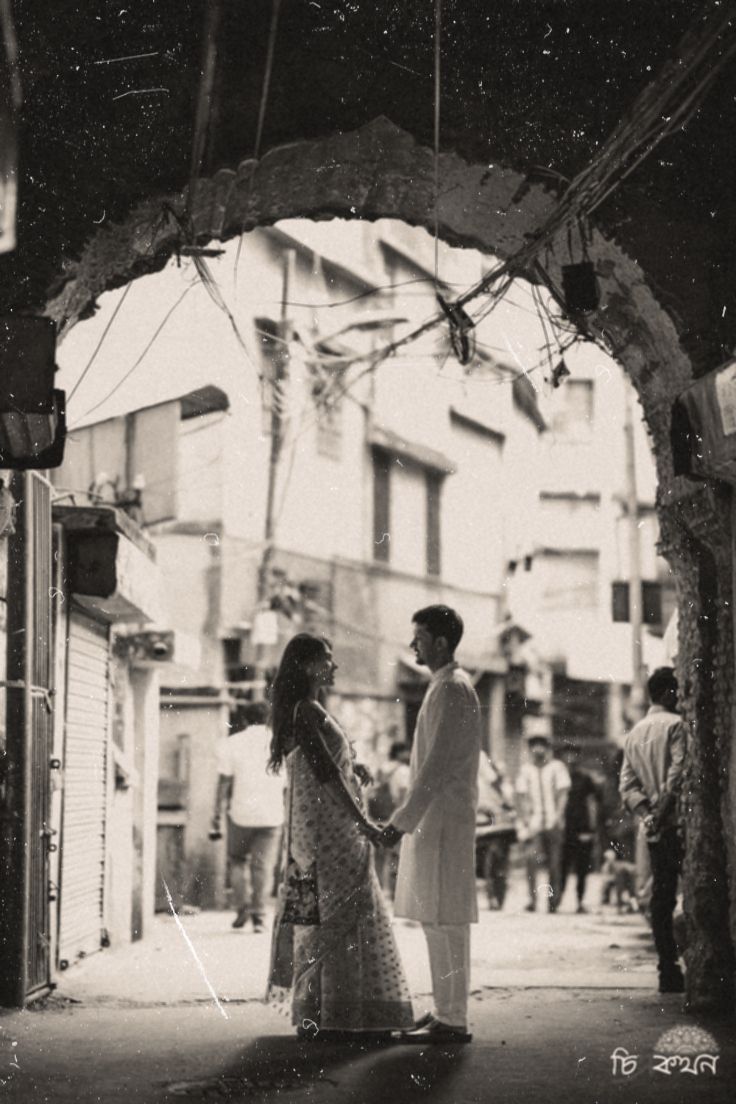10. Journey continues
I felt a swell of pride. My family was different. My family saw people as people.
Leelabai-that was her name-introduced herself as we helped her into our buggy. She spoke of her husband, a railway laborer, and of the twelve years she had waited for a child. Despite the dust on her saree, she was clean. Dignified. Hopeful.
As the buggy wheels creaked forward, Aunt leaned back and sighed.
"We'll stay at Tatya's home in Guhaghar tonight," she decided. "We'll leave tomorrow."
I smirked. "As you say, mother," I mimicked Keshav's deep voice.
Aunt laughed, tugging my cheek before pressing a kiss to my forehead.
"I want to live like a city lady," she mused, fanning herself dramatically.
"Like a foreign madam?" I teased.
"Yes."
"Aunt, you should wear a frock then. Above the knees. Sleeveless. Very fashionable."
"Shameless girl!" she scolded, but her smile lingered.
"But madams wear such clothes!"
Her expression sobered. "Foreigners aren't rushing to wear our clothes, so why should we wear theirs?"
I blinked. I hadn't expected that.
She continued, her voice firm. "Some princely states have lost to invaders, but that does not mean we are weak. Modernity isn't dressing like them. It's thinking beyond old shackles."
I let out a slow breath. "I agree."
"Our king is still on his throne, Mini."
And just like that, reality slammed into me again.
I had time-traveled.
This wasn't the India I knew. India didn't exist yet. The people here were still fighting for an identity, for dignity.
I studied Aunt with fresh eyes. "What do you think about Leelabai's situation?"
Her gaze darkened. "They are cursed," she said simply. "Not by fate, but by people who refuse to give up their privilege. The king is trying to help. We must support the social revolution."
I swallowed hard. "I hope our society becomes equal someday."
The road stretched long before us, winding through dense forests and open fields. The sky turned gold, then red, then a deepening shade of purple. Fireflies flickered in the distance.
By twilight, we reached the district village. Leelabai stepped down, brushing dust from her saree.
Aunt reached into her pouch, pulling out two paisa.
Leelabai shook her head. "Though we are lowly, we are honest," she said, smiling. "Mother, you treated me like a human today." Tears shone in her eyes.
Aunt nodded. "We are all children of God. Go home. A pregnant woman should not be out at night."
Leelabai turned, scanning the crowd. Then she gasped.
"There!"
We followed her gaze.
A man walked toward us, his dhoti swaying with each step. His shirt was neatly pressed, his mustache thick and well-groomed.
Her husband.
His face lit up. "Leelabai!" His deep voice carried through the night.
Leelabai's face glowed. "Here I am!"
I watched as they met in the middle of the dusty road. He wrapped his arms around her, hands resting protectively over her stomach.
"You shouldn't have traveled alone," he murmured, both scolding and tender.
She shook her head. "I had to see you. I couldn't wait any longer."
He took her hand, their fingers intertwining as if they had never been apart. Side by side, they walked away, their steps in perfect sync.
The village hummed around them-children's laughter, the distant calls of street vendors, the rustling of palm trees swayed by the evening breeze.
I stared after them, something strange swelling in my chest.
Hope.
A future where love triumphed over oppression.
Where voices rose against the darkness.
And maybe-just maybe-where things could change.
For real.

Bạn đang đọc truyện trên: AzTruyen.Top